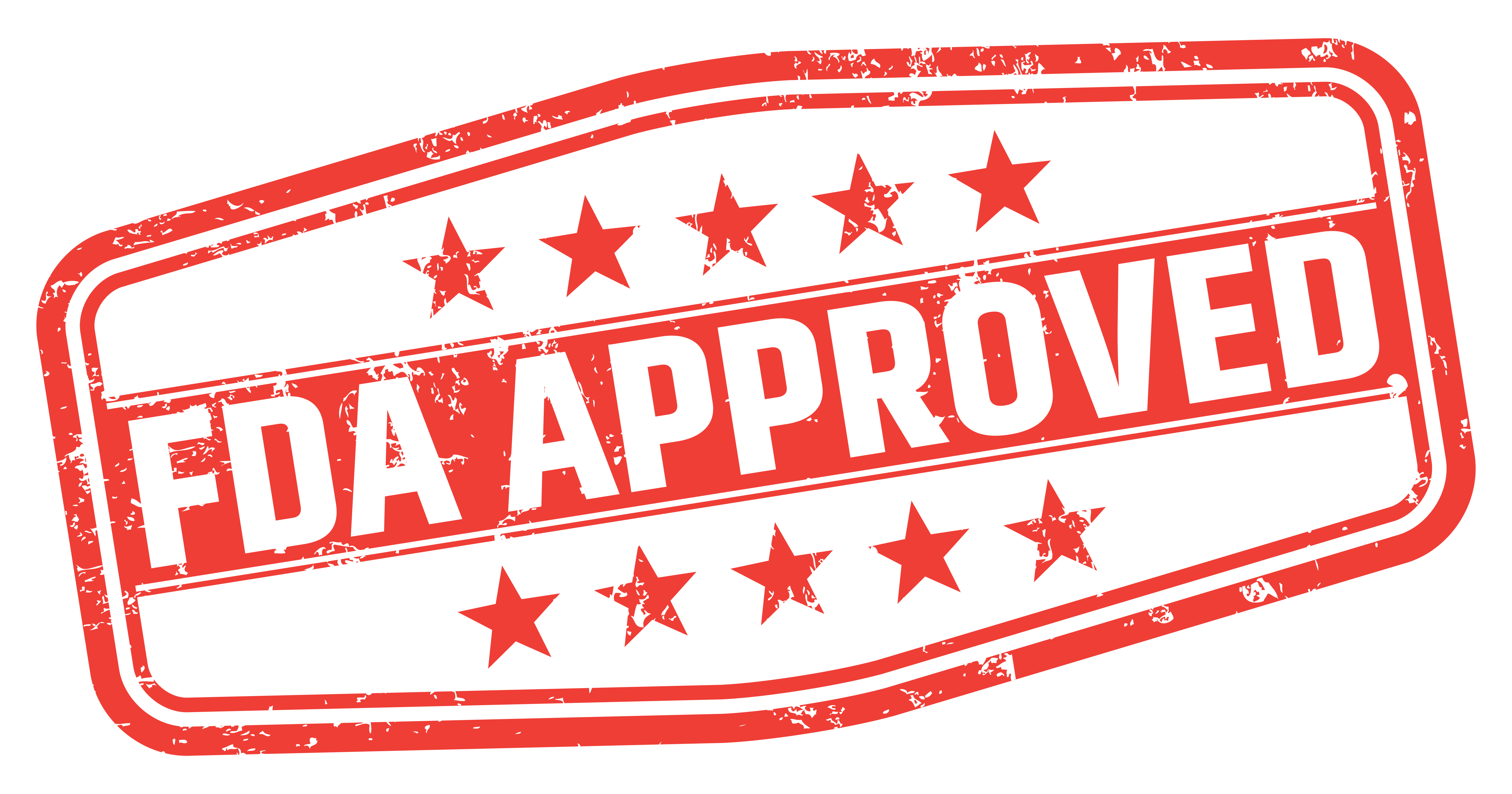FDA Approves GSK’s Benlysta for Treatment of Children with SLE
Written by |

The U.S. Food and Drug Administration (FDA) has approved, under priority review, the use of Benlysta (belimumab) for the treatment of children age 5 and older with systemic lupus erythematosus (SLE).
Benlysta is a monoclonal human antibody designed to bind and block the activity of the B-lymphocyte stimulator (BLyS), a factor that plays an important role in regulating B-cell differentiation and the production of harmful autoantibodies associated with SLE. It is marketed by GlaxoSmithKline (GSK).
B cells are a subtype of immune cells responsible for the production of antibodies against substances seen as threats by the immune system.
In March 2011, the FDA approved Benlysta for adults with SLE. Now, for the first time, the agency has approved a treatment for children age 5 and older with active SLE, extending its current indication in the U.S.
“The agency expedited the review and approval of this application because Benlysta [intravenous] fulfills an unmet need for therapies, specifically in pediatric patients with SLE. While there is no cure for lupus, treatment can help our youngest patients control their disease with the hope of improving their quality of life and lowering their risk of long-term organ damage and disability,” Janet Woodcock, MD, director of the FDA’s Center for Drug Evaluation and Research (CDER), said in an FDA press release.
“Children with lupus have had limited options available to help treat their condition. This accelerated decision means children in the U.S. now have an innovative, FDA-approved medicine available to help manage the impact of living with this challenging autoimmune disease,” Hal Barron, chief executive officer and president of GSK, said in another press release.
The approval was based on data from the multi-center, randomized, double-blind, placebo-controlled, PLUTO Phase 2 trial (NCT01649765).
The study was designed to assess the safety, efficacy, and pharmacokinetics of Benlysta, injected into the blood at a dose of 10 mg/kg, in combination with standard therapy in a group of children with active SLE. Pharmacokinetics is the study of how a drug is absorbed, distributed, metabolized, and eliminated by the body.
The trial enrolled 93 children with active SLE, including 13 ages 5-11 and 80 ages 12-17, who were randomly assigned Benlysta or a placebo, together with standard therapy, for 52 weeks.
According to the trial’s findings, presented last year at the 2018 ACR/ARHP Annual Meeting in Chicago, the percentage of children showing clinically meaningful improvements in SLE activity — measured by the SLE responder index (SRI) — was significantly higher among those treated with Benlysta (52.8%), compared to those treated with a placebo (43.6%) at week 52.
In addition, children receiving Benlysta were 62% less likely to experience severe disease flare-ups and remained free of these severe attacks for longer periods of time compared to those treated with a placebo (160 days versus 82 days).
The safety and pharmacokinetic properties of Benlysta were consistent with what was previously known from adult studies.
Benlysta’s prescribing information includes warnings for mortality, serious infections, drug hypersensitivity, and depression, based on findings from clinical trials involving adult patients with SLE. The manufacturer’s medication guide also includes information about the risks and the most common side effects (nausea, diarrhea, fever, and infusion reactions) associated with Benlysta.
For now, the use of Benlysta in children with SLE is restricted to the U.S. More regulatory submissions seeking its approval in other parts of the world are underway.




